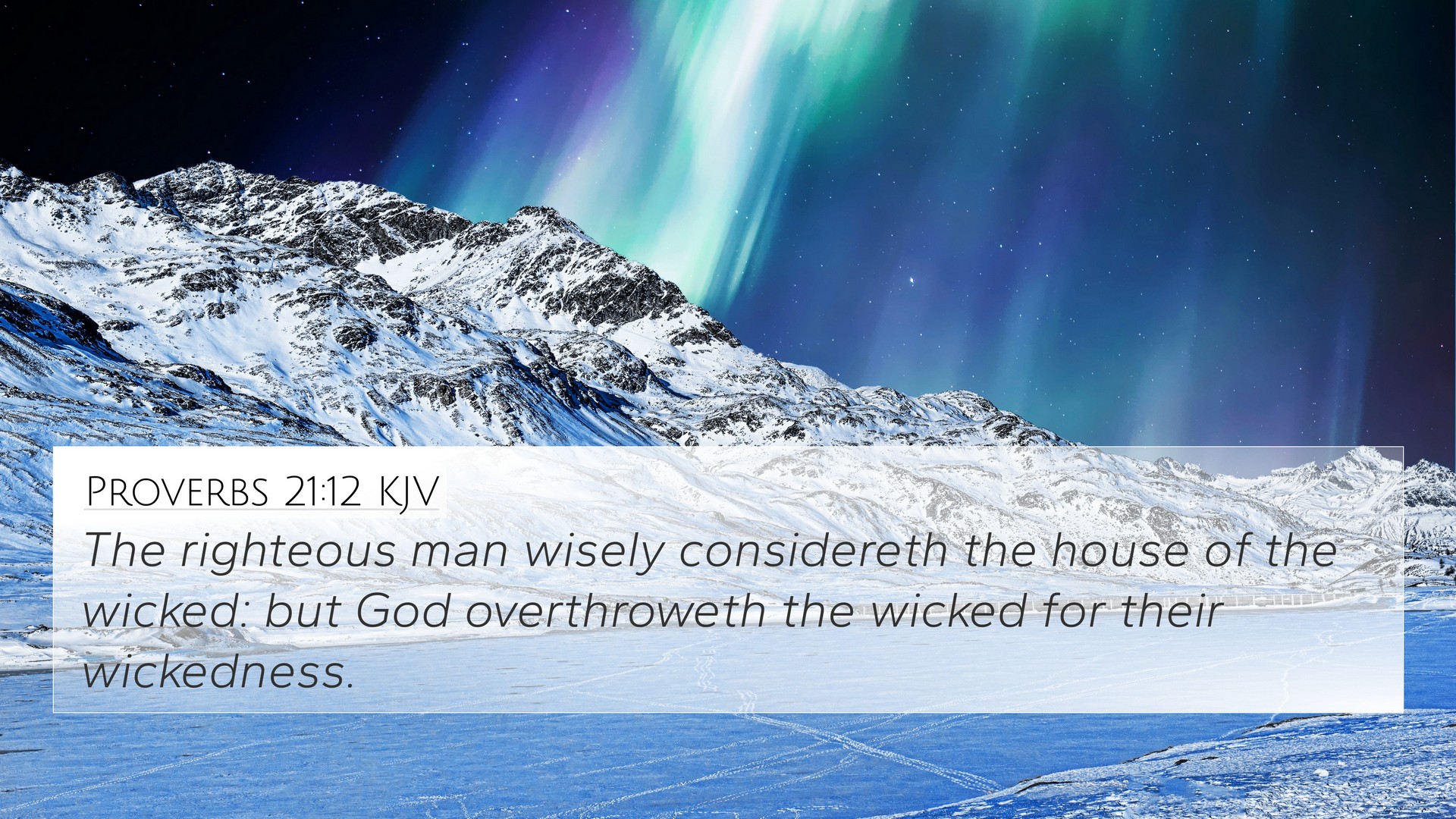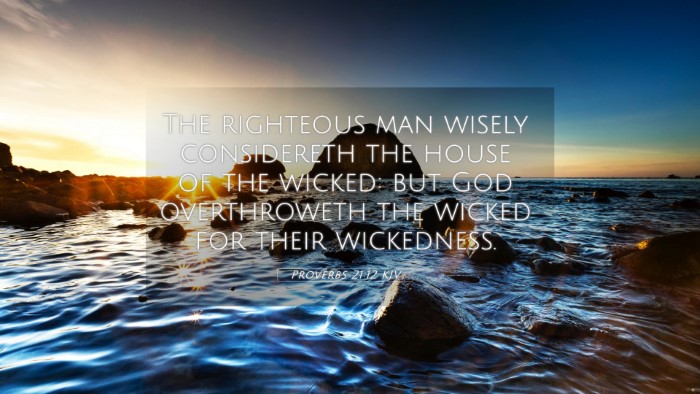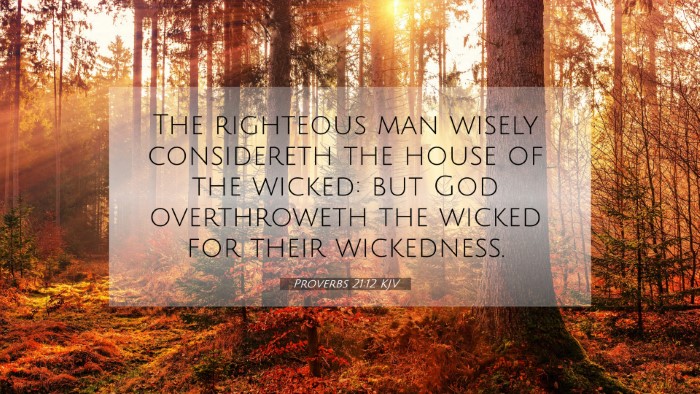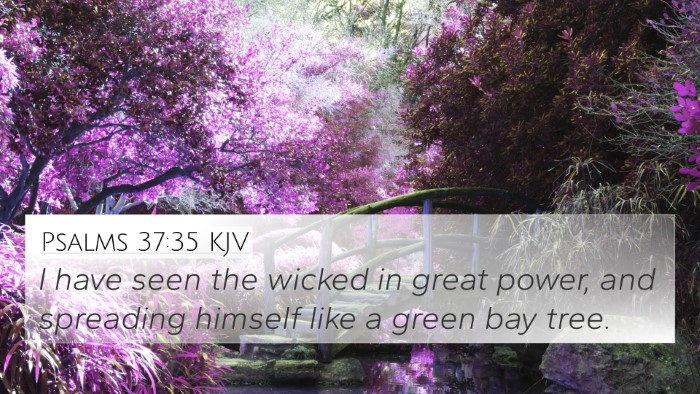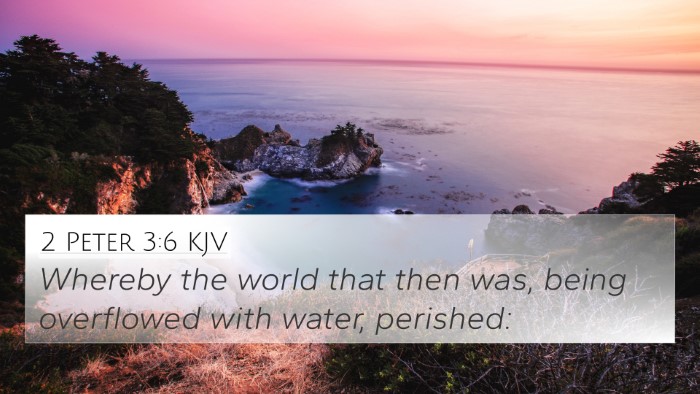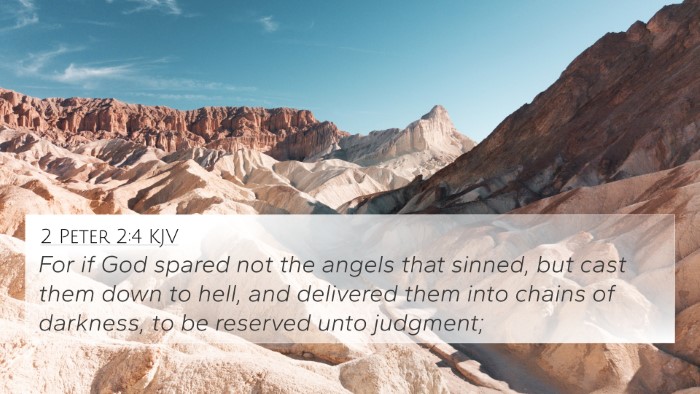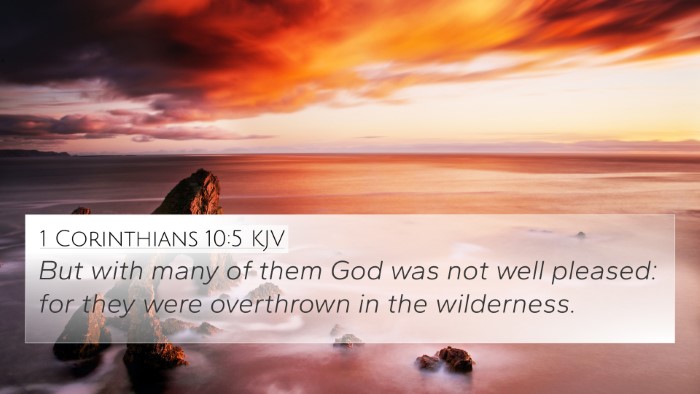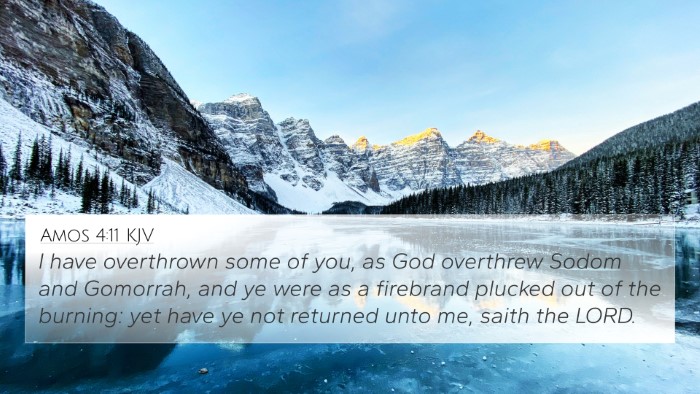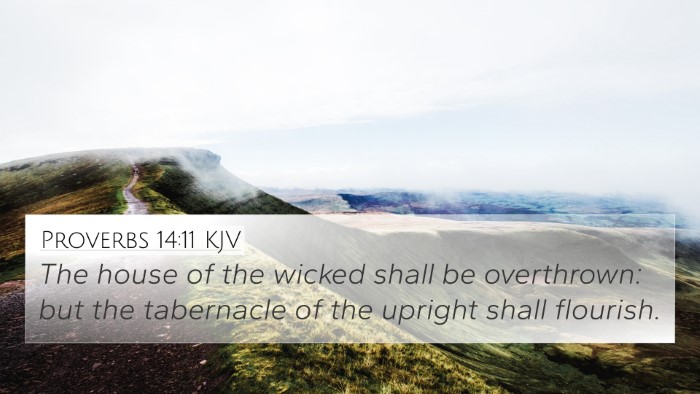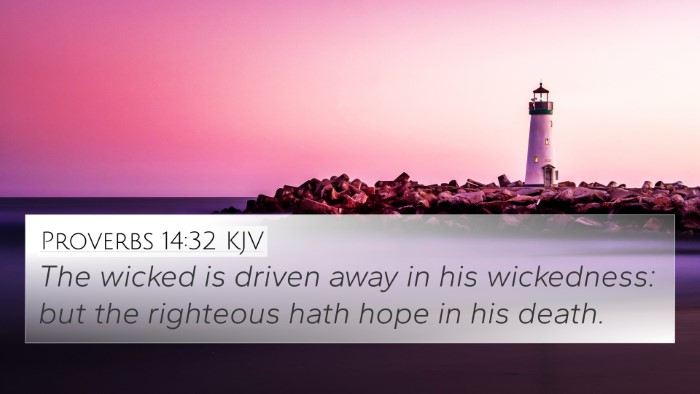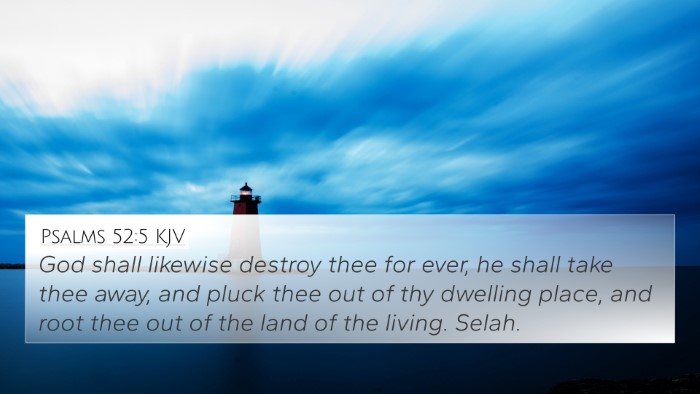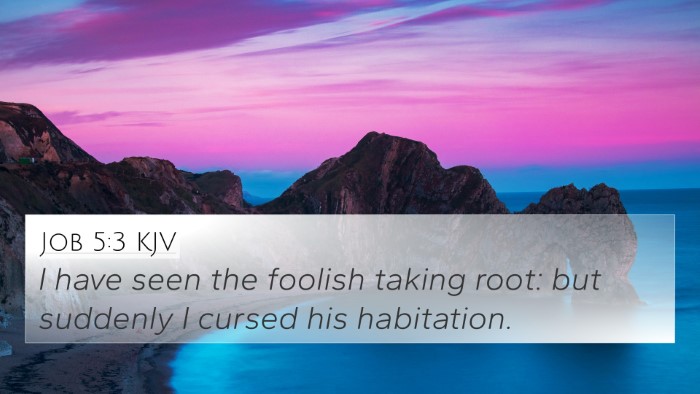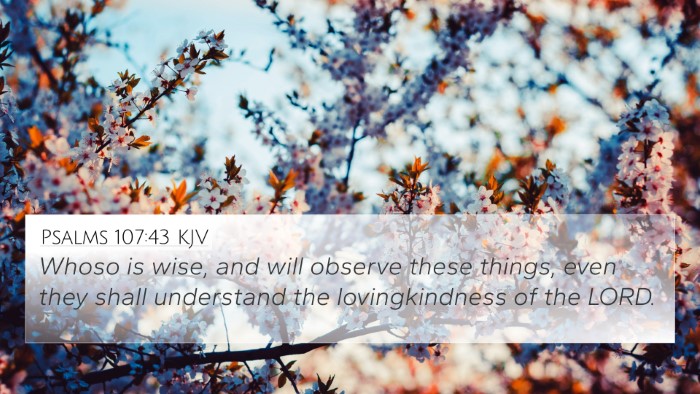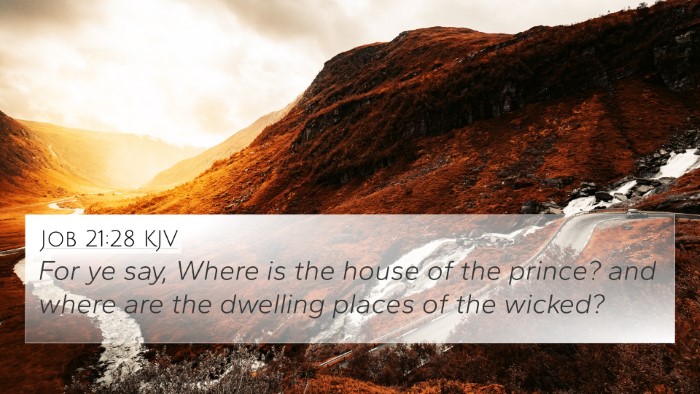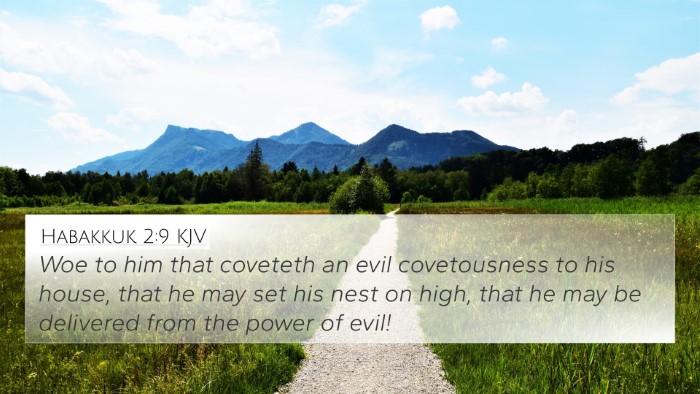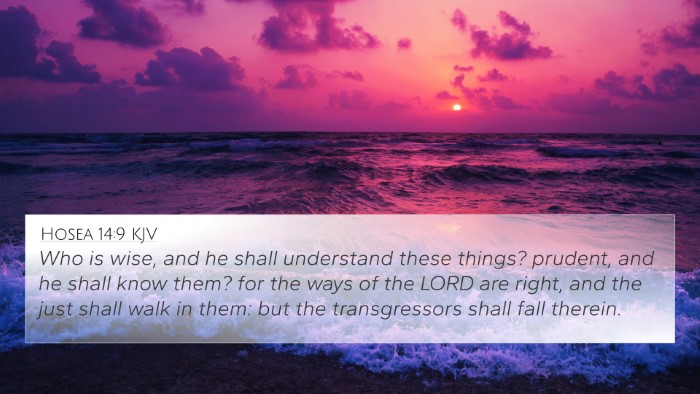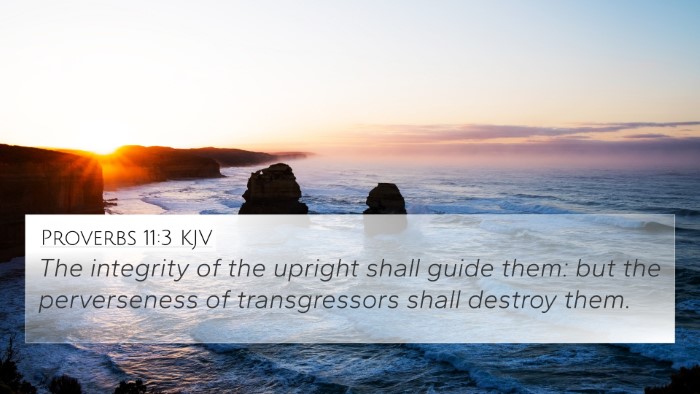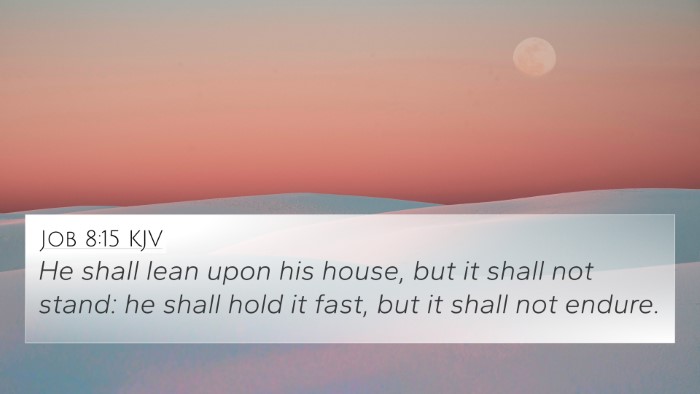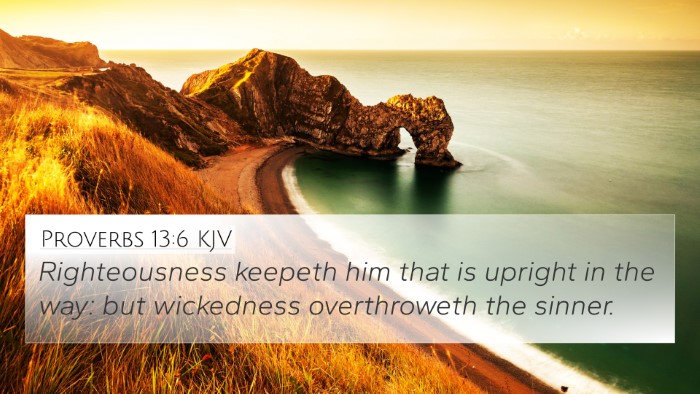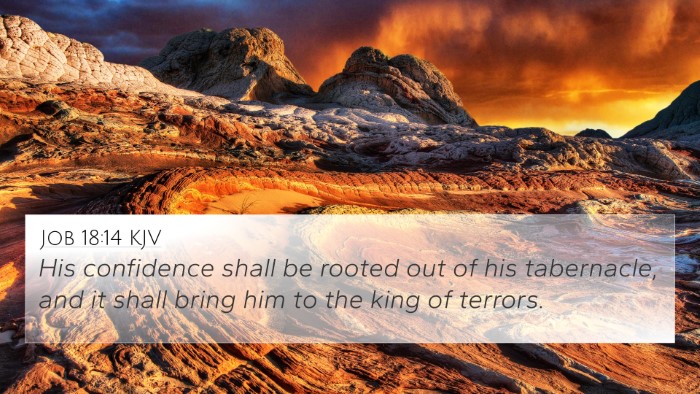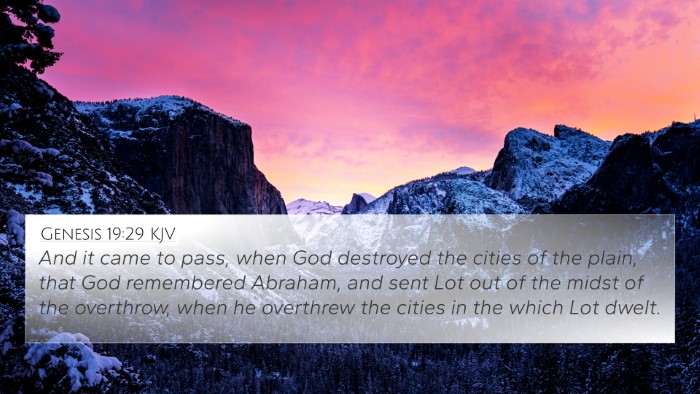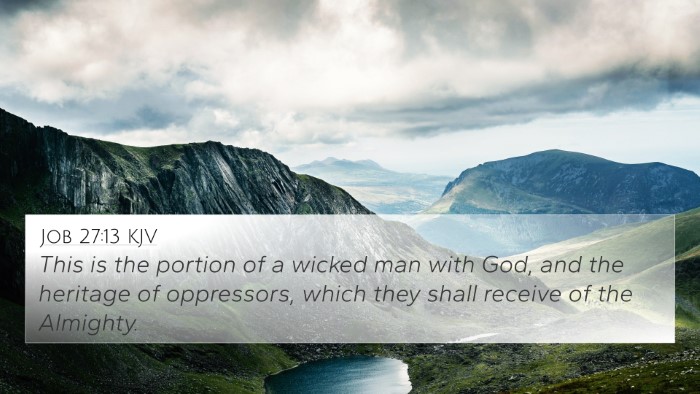Understanding Proverbs 21:12
Proverbs 21:12: "The Righteous One considers the house of the wicked, turning the wicked to ruin." This verse emphasizes the assessment and judgment by the righteous, particularly in contrast to the deeds of the wicked.
Summary of Biblical Meaning
The verse from Proverbs 21:12 reflects a profound truth about God’s nature in evaluating human actions. The righteous, often exemplifying God's character, actively observe the lives and outcomes of the wicked. The implications of their actions are serious and lead to their eventual downfall.
Insights from Public Domain Commentaries
-
Matthew Henry:
Henry interprets that God, as the Righteous One, has a penetrating insight into the lives of the wicked. He suggests that this verse serves as both a warning and an encouragement to the righteous. It highlights the eventual consequence of wickedness—destruction—while reaffirming that righteousness is aligned with God's judgment.
-
Albert Barnes:
Barnes points out that the righteous being characterized by wisdom takes notice of and understands the spiritual state of the wicked. He proposes that this engagement by the righteous can illuminate the path for correction, emphasizing the justice of God that turns wicked paths to ruin.
-
Adam Clarke:
Clarke focuses on the moral implications, indicating that the righteous rampart themselves against the wickedness of others. By reminding readers of the fate of the wicked, this verse stresses the importance of righteous living in anticipation of God's ultimate judgment.
Connections through Cross-References
To fully appreciate Proverbs 21:12, we can explore connections between Bible verses that relate to this theme of righteousness confronting wickedness. Here are some key cross-references:
- Psalm 37:17: "For the arms of the wicked shall be broken: but the LORD upholdeth the righteous."
- Proverbs 3:33: "The curse of the LORD is in the house of the wicked: but he blesseth the habitation of the just."
- Proverbs 14:11: "The house of the wicked shall be overthrown: but the tabernacle of the upright shall flourish."
- Isaiah 3:11: "Woe unto the wicked! It shall be ill with him: for the reward of his hands shall be given him."
- 2 Peter 2:4: "For if God spared not the angels that sinned, but cast them down to hell, and delivered them into chains of darkness, to be reserved unto judgment."
- Matthew 7:13-14: "Enter ye in at the strait gate: for wide is the gate, and broad is the way, that leadeth to destruction, and many there be which go in thereat."
- Galatians 6:7: "Be not deceived; God is not mocked: for whatsoever a man soweth, that shall he also reap."
Thematic Connections in Scripture
The verse intricately ties the themes of righteousness, justice, and the inevitable consequences of wickedness. Here are additional insights on how to approach studying these connections:
- Tools for Bible Cross-Referencing: Consider using a Bible concordance or reference guide that categorizes key themes and verses.
- Cross-Reference Bible Study: Engage in thematic Bible studies that draw together verses sharing similar messages about righteousness and judgment.
- Inter-Biblical Dialogue: Look for discussions between the Old and New Testament on righteousness, such as the teachings of Jesus concerning the behavior of the wicked and the fate awaiting them.
- How to Use Bible Cross-References: Familiarize yourself with the cross-reference system in your study Bible to find related scriptures that complement Proverbs 21:12.
Conclusion
Proverbs 21:12 invites readers to reflect on divine justice and the principles behind righteousness. By exploring the cross-references and insights from noted commentaries, believers can deepen their understanding of how scriptural teachings interconnect, reinforcing the timeless truths of God’s moral order. This verse is not only a warning against wickedness but also a clarion call to embrace righteousness, knowing that such a path aligns with God’s ultimate justice.
